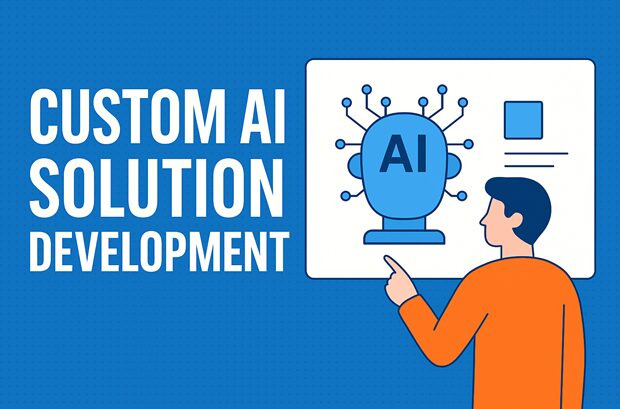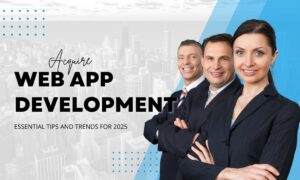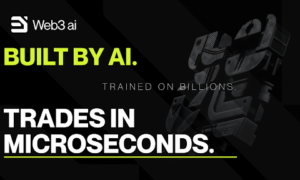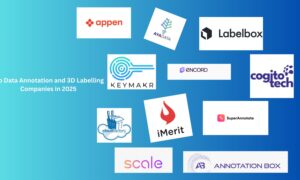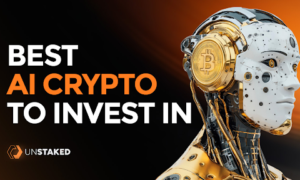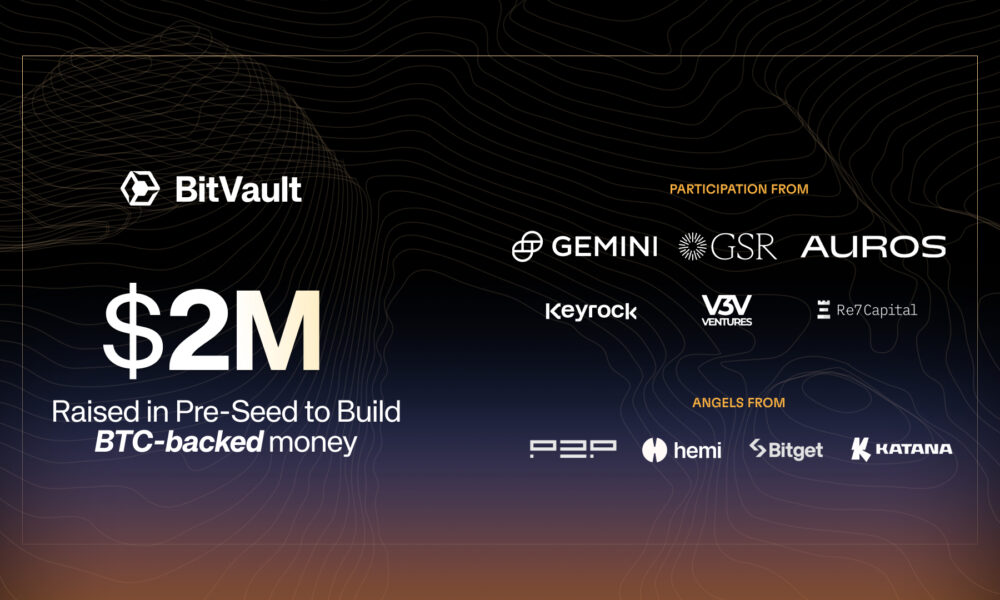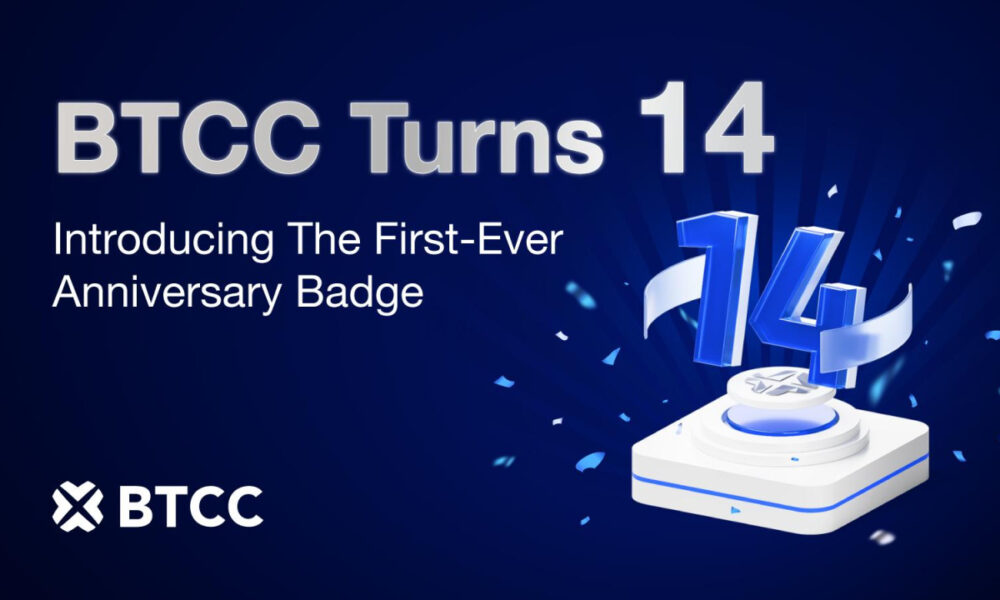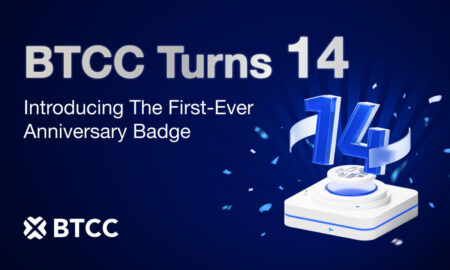AI is rapidly reshaping businesses’ operations, and generic tools often fall short. That’s where Custom AI Solution Development comes in. Unlike off-the-shelf tools, custom-built AI systems are designed specifically for your workflows, industry goals, and internal data. Whether you’re in healthcare, finance, retail, or logistics, tailored AI applications can unlock performance gains, streamline decision-making, and provide a serious competitive edge.
In this guide, we’ll explain custom AI development, its benefits, real-world applications, and how to approach the process.
This guide is for startup founders, entrepreneurs, and product managers exploring AI to drive innovation. Learn how custom AI can unlock growth, efficiency, and competitive edge.
We’ve been building AI solutions for 18+ months, solving real business problems across industries. This article reflects our hands-on expertise in custom AI development.
Custom AI software is tailor-made to solve your specific business problems using your data, workflows, and goals. It offers greater control, flexibility, and relevance than off-the-shelf tools.
Entrepreneurs should already be thinking about switching to AI because it gives startups a competitive edge, enabling faster automation, personalization, and scalability while building valuable data insights over time.
What is Custom AI Solution Development?
Custom AI development is the process of designing, building, and deploying AI technologies uniquely suited to an organization’s specific needs. It encompasses tailored models, data pipelines, and integration with internal systems. Depending on the use case, custom AI solutions often employ deep learning, natural language processing, and computer vision. This flexible framework allows control over inputs, model logic, and outputs.
For instance, an e-commerce company might develop a recommendation engine trained on its customer behavior data, while a manufacturing firm could implement predictive maintenance tools using sensor data from its machines.
Looking ahead, the global artificial intelligence market is projected to grow from $757.58 billion in 2025 to approximately $3.68 trillion by 2034, reflecting a compound annual growth rate (CAGR) of 19.2%. This significant growth underscores the increasing importance and adoption of AI technologies across various industries.
Why Enterprises Choose Custom AI Solutions
Enterprises opt for custom AI because it aligns precisely with their operations, goals, and data privacy requirements. Unlike generic tools, these solutions are tailored to your tech stack and business logic, resulting in more accurate outputs and smoother integration.
They also scale better as your business evolves, without forcing you into vendor lock-ins. Most importantly, custom AI provides a strategic edge by enabling proprietary capabilities your competitors can’t access.
-
Tailored Fit
Off-the-shelf AI tools often assume uniformity. Custom AI accounts for your systems, customer behavior, and unique goals. You get outputs that reflect your context.
-
Scalable and Flexible
As your enterprise evolves, so does your AI. You can continuously fine-tune or expand features without being locked into rigid templates or third-party vendors.
-
Better ROI
Investing in a custom AI solution may cost more upfront, but the long-term gains—through automation, efficiency, and insight, typically outweigh it.
-
Data Control & Privacy
You own the data and the models. This is crucial for industries with regulatory or privacy requirements like healthcare or finance. You avoid sharing data with external APIs.
-
Competitive Edge
Custom AI creates solutions your competitors don’t have—enabling smarter decisions, better user experiences, and unique product offerings.
-
Cross-Departmental Impact
These solutions often span multiple functions – from marketing to operations to finance – bringing holistic improvements across the business.
Top Use Cases of Artificial Intelligence in Enterprises
As AI becomes more accessible, enterprises are embracing custom AI solutions to tackle industry-specific challenges. Instead of relying on generic tools, businesses use tailored AI to streamline operations, cut costs, and enhance customer experiences. Below are some of the most impactful use cases across sectors:
- Healthcare: AI for diagnosis, personalized treatment, hospital operations, claims processing
- Finance: Fraud detection, credit scoring, risk assessment, robo-advisors
- Retail: Inventory optimization, dynamic pricing, customer churn prediction, visual search
- Logistics: Route optimization, supply chain forecasting, warehouse robotics
- HR & People Analytics: Candidate screening, attrition prediction, workforce planning
- Customer Service: Intelligent chatbots, ticket triage, emotion-aware support
These use cases show how AI development services for enterprises are transforming traditional industries. Tailored AI applications enable businesses to unlock new value at speed.
Custom AI Development Process
Developing a custom AI solution involves more than just coding a model – it’s a structured process that aligns technology with business goals. From identifying the right problem to integrating the solution into existing systems, each step plays a critical role in ensuring long-term success and scalability.
-
Problem Definition
Start with the business objective, not the tech. What process needs to be automated or improved?
Are you solving for cost savings, faster decisions, or new revenue?
-
Data Collection & Preparation
AI needs quality input. Internal data is cleaned, labeled, and augmented to train useful models. This stage often includes removing duplicates, handling missing values, and structuring the data pipeline.
-
Model Selection & Training
Based on the task (e.g. classification, regression, NLP), suitable machine learning models are built and trained. Frameworks like TensorFlow, PyTorch, or custom-built pipelines are used.
-
Testing & Validation
Models are evaluated for accuracy, fairness, and performance. In enterprises, pilot deployments or sandbox testing are crucial to ensure outputs align with expectations.
-
Integration with Systems
The AI model is integrated with CRMs, ERPs, databases, or customer-facing platforms via APIs or native embeds. UI/UX plays a big role here.
-
Monitoring & Maintenance
AI doesn’t end at launch. Continuous feedback, retraining, and performance checks ensure long-term success. You’ll want dashboards and alerts to track model drift or anomalies.
Custom AI vs. Off-the-Shelf AI Tools
|
Feature |
Custom AI Solutions |
Off-the-Shelf AI Tools |
|
Flexibility |
Fully customizable |
Fixed capabilities |
|
Data Ownership |
100% in-house |
Often shared with the vendor |
|
Integration |
Tailored to systems |
Limited APIs |
|
Competitive Advantage |
High |
Low |
|
Long-Term ROI |
Higher |
Moderate |
If you’re in a regulated industry like healthcare or finance, or have unique internal processes, custom AI is almost always the better choice—offering better control, compliance, and flexibility than off-the-shelf tools.
Choosing the Right AI Development Partner
Not all AI development services are the same. Look for a team that:
- Understands your industry’s challenges
- Offers full-stack capabilities (from strategy to deployment)
- Uses ethical and explainable AI methods
- Communicates clearly throughout the process
- Supports scaling beyond MVP
Agencies like RaftLabs offer enterprise-grade solutions that combine product thinking, robust engineering, and practical deployment strategies.
Final Thoughts
Custom AI solution development gives businesses more than automation—it gives them intelligence. In a world full of generic tools, tailored AI applications set you apart.
From understanding your data to integrating smart automation into your workflows, investing in the right AI strategy is no longer optional—it’s the next frontier.
Whether you’re just exploring AI development or ready to scale, starting with the right partner and a problem-first mindset will ensure success in 2025 and beyond.
FAQs
1. What’s the difference between custom AI and traditional AI tools?
Custom AI is built specifically for your needs, while traditional tools are designed for mass use with limited customization.
2. How long does it take to build a custom AI solution?
Timelines range from 1-3 months, depending on complexity, data readiness, and integration requirements.
3. What kind of data do I need to start?
Clean, relevant internal data related to the problem you’re solving – e.g., transaction logs, customer behavior, machine usage.
4. Can small or mid-sized enterprises use custom AI?
Absolutely. Many start with small use cases and expand over time.
5. What industries benefit most from tailored AI applications?
Industries like healthcare, finance, logistics, retail, and e-commerce benefit most from tailored AI due to their need for automation, personalization, and data-driven decisions.

